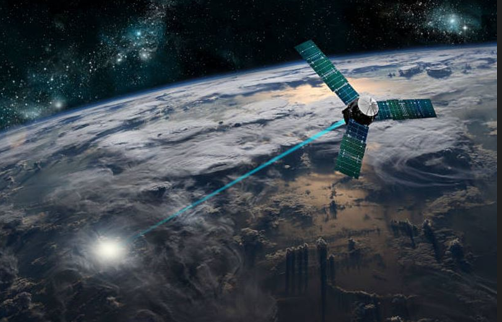
Lockheed Martin has invested £150,000 in a project with Northumbria University that aims to accelerate the delivery of space-based solar power. Combining science and technology, the project will use specialised photovoltaic cells that will collect and convert laser power into useable power for future space and lunar vehicles.
This technology has future applications that could include space-based solar power, that could deliver a consistent source of clean energy in all weather conditions and at all times of day. By harvesting the Sun’s energy, this new form of solar power could potentially beam electricity wirelessly from space to Earth, bringing a new source of zero carbon power to connect homes and businesses without the need for large amounts of land-based infrastructure.
Paul Livingston, Chief Executive of Lockheed Martin UK, said: “Our collaboration with Northumbria University will advance the use of space-based solar power for satellites, space vehicles and potentially useable power back on earth. We are delighted to be helping grow the North East’s space economy and the overall industrial capacity and resilience of the UK’s space and manufacturing sectors.”
The collaboration follows years of successful experiments by Lockheed Martin into laser-based systems and builds on the business’ existing relationship with Northumbria University. This new project is an extension of the partnership announced last year, which has seen Lockheed Martin invest over £600,000 to support the development of skills, research and technology across the North East.
Professor John Woodward, Faculty Pro Vice-Chancellor for Engineering and Environment, Northumbria University, added: “Northumbria University is a UK front-runner in research into photovoltaics and solar energy and our reputation for world-leading research in space and satellite technologies has grown exponentially in recent years. This exciting project with Lockheed Martin combines these areas of excellence and will enable us to innovate further to find new ways to generate and store renewable energy.”
Lockheed Martin is also a strategic partner to the UK Government, working with the UK Space Agency to conduct northern Europe’s first vertical satellite launch from the SaxaVord Spaceport in Shetland and delivering a wide range of programmes for the Ministry of Defence.








